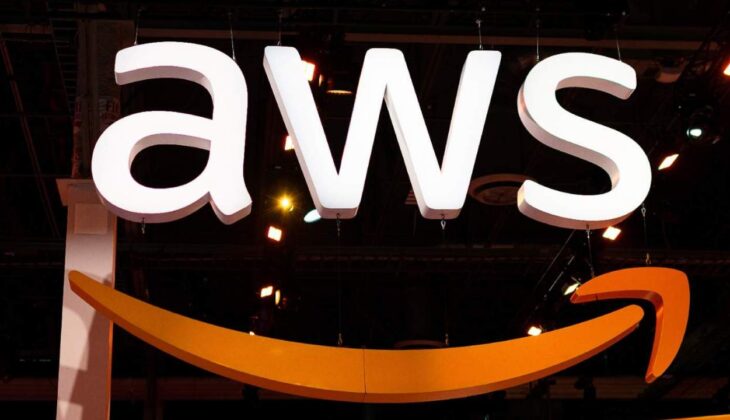Amazon Web Services (AWS) has existed in quite a bit in November and December 2021, and not for reasons why any company wants to be in the news. AWS experienced several blackouts in all cloud infrastructure services that produce several of the biggest websites and services that go down.
Main names such as 1password, coinbase, radiolab, anchor, the washington post, datacamp, vibration, glassdoor, flickr, irobot, pocket, roku, rss podcasting, autodesk, and vonage all experienced problems in November 2021 (via Verge). Services such as Snapchat, Zoom, Apex Legend, Crunchyroll, USPS, Ring, Intuitbucks, Intuit QuickBooks, Slack, Netflix, PlayStation Network, Clash Royale, Twitch, Doordash, and EA Games services All experience working hours blackouts in December 2021 (through dynamics Data center). At the time of the blackout, the downdetector shows that McDonald’s, coinbase, and many other services are both influenced.
After the blackout, some experts call for more dependent on multud in the future (through CNBC), but it is important to understand why AWS blackouts affect so many internet.
How and why AWS blackouts have so much impact
AWS is currently the leading cloud infrastructure provider in the world, with a market share of 32%. Microsoft Azure and Google Cloud entered in second and third place, with 21% and 8% of each market (through statista). As a result, these three companies controlled 61% of the total cloud market.
Large and small companies rely on cloud providers for their online infrastructure. For example, as an online service provider such as Netflix, Flickr, or 1Password expand its track, it can add its own server to the premise of the farm or can hire computing resources from the Cloud Provider.
Relying on cloud providers is often much cheaper, and gives the company’s ability to react to market changes almost instantly. As the company fosters or adds additional services, it is enough to order more resources from the cloud provider, instead of buying, installing, setting, and integrating hardware itself.
Unfortunately, the dependence on this cloud provider also means that there is a concentrated failure point. With AWS controlling 32% of the market, massive AWS blackouts can theoretically impact 32% of online sites and services.
That realization, along with recent evidence of Fallibily AWS, is encouraging the company to see multisloud solutions. In other words, instead of relying on a single vendor, the company is looking to distribute their workload in two or more vendors, provide additional redundancy if something is wrong with one of them.
